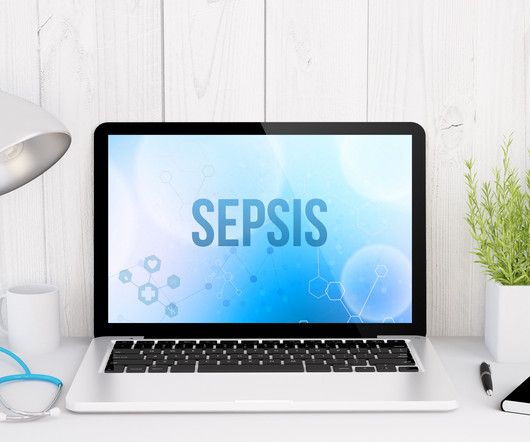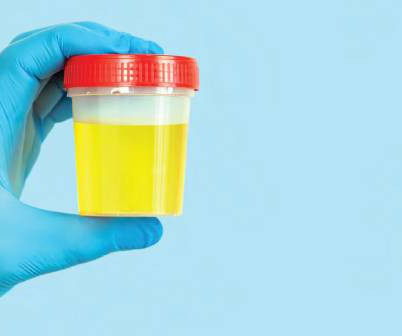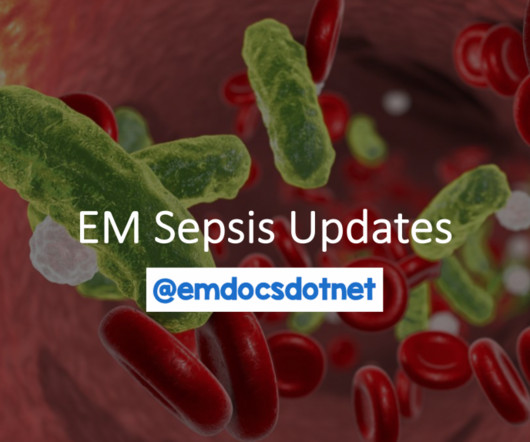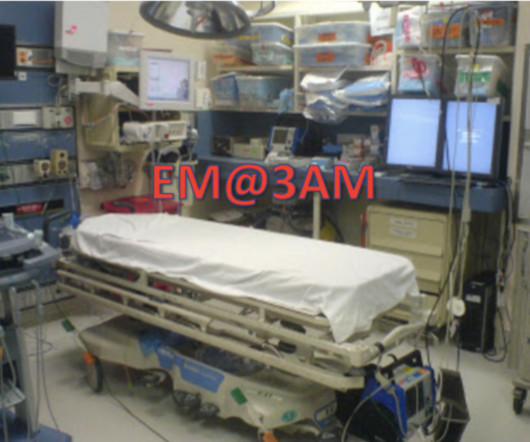"Sepsis bundles": No good evidence of benefit
PulmCCM
APRIL 14, 2025
SEP-1, the Centers for Medicare & Medicaid Services (CMS)’s much-maligned sepsis “quality” measure, was the brainchild of a small group of insiders conceived in the early- to mid-2000s. SEP-1 was pushed through without waiting for the outcomes of three ongoing multicenter trials testing goal-directed therapy for sepsis.




















Let's personalize your content